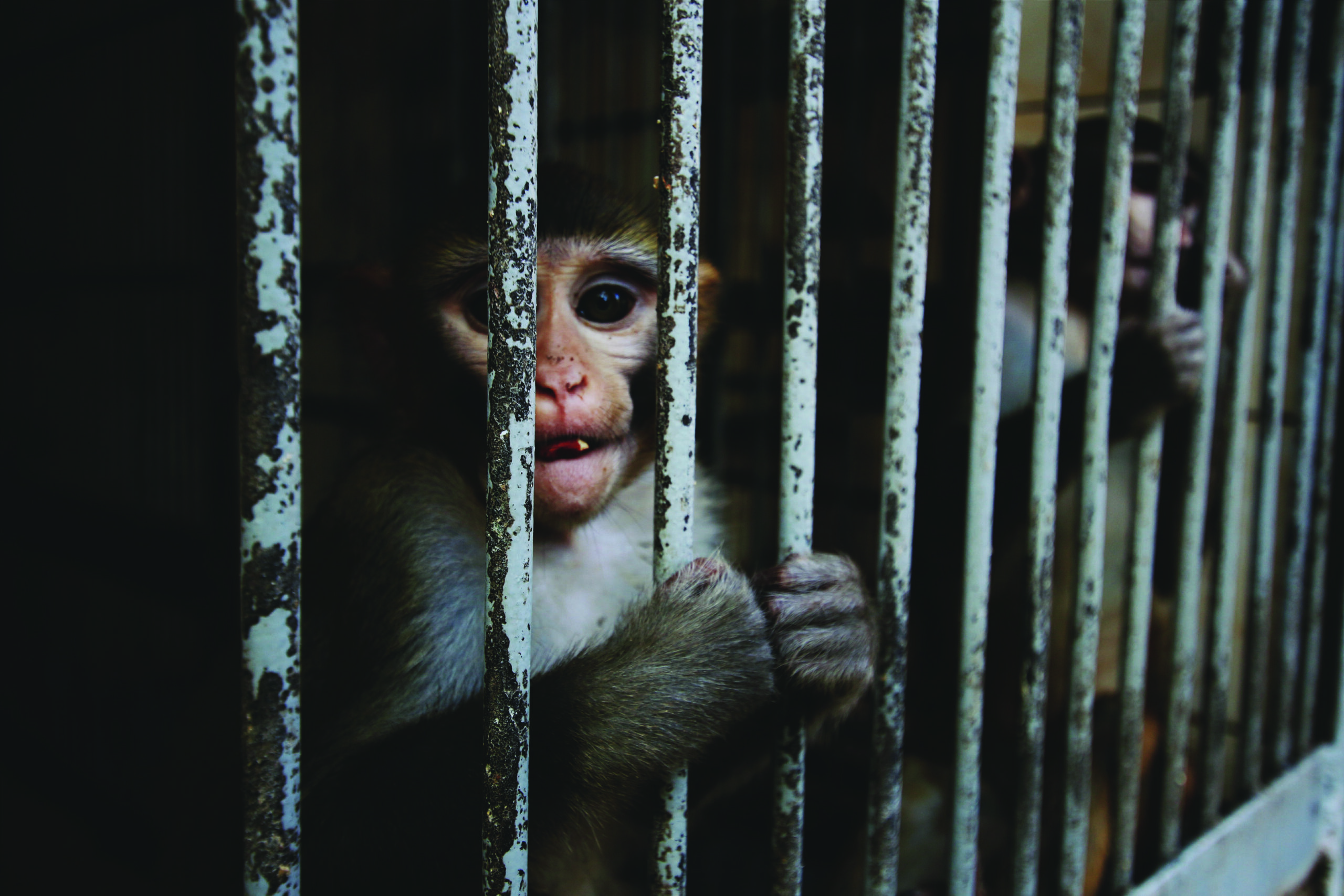
Ethics
Ethics is the process of questioning, discovering and defending our values, principles and purpose (1). We use ethics to determine our viewpoints on what is right or wrong, what decisions we should take, and what our stance is on a particular issue.
When it comes to the use of animals in research and teaching, there is a diverse range of ethical viewpoints held. This is because as humans we do not all share identical ethical values, we hold conflicting opinions on the value of animal lives or have come to a decision based on differing information, perspectives, or experiences. As such, when you hear terminology such as ‘ethical use of animals’, it becomes clear that what is regarded as ethical use to one person may not be judged as ethical by another.
Here we summarise Animal-Free Science Advocacy’s ethical opposition to animal experimentation and provide further reading and resources.
AFSA’s Ethical Opposition to Animal Experimentation
AFSA finds the harmful use of animals in research and teaching unethical based on the below:
- Non-human animals are harmed for research for which there is no benefit to that individual animal
- Non-human animals have not consented to be used in research
- Sentient non-human animals have capacity to suffer
- The perceived benefits of animal experimentation do not justify the costs incurred by sentient non-human animals due to species differences impeding reliability of results
- There are direct and indirect harms to humans resulting from animal research (2).
The Way Forward
AFSA supports the application of principles guiding the research ethics of human subjects extending to non-human animals in light of their vulnerable status and inability to dissent (or for such dissent to be recognised and acted upon). These principles include respect for autonomy, obligations to beneficence and justice, and special protections for vulnerable individuals and population (3).
We would like to see greater consideration of the human harms of animal-based research. Such harms can result from adverse drug reactions (direct harms) or the non-availability of drugs that were deemed ineffective in animals (2).
Biomedical research guidance assumes that animal use is justified but defines specific limits to that use via a 3Rs framework of Replacement, Reduction and Refinement. AFSA advocates for a greater focus on ethical deliberation by animal ethics committees in order that the ethics of the proposed research is fully scrutinised.
Values
Our work is guided by the following values:
Compassion — for animals used in science and for all beings reliant on safe and effective medical and scientific progress
Respect — for the scientific process and towards all who may hold opposing viewpoints, or work in the animal-based research industry, whom we will treat with courtesy and civility
Integrity — in providing factual information about animal-based research
Courage — to speak out in the face of opposition and on behalf of animals who cannot speak out
Commitment — to continuously challenge the status quo by advocating for scientifically valid animal-free methods of research
Transparency — in all of our undertakings to promote positive solutions that advance animal-free science
We are a non-violent organisation and do not condone harm to any sentient living being.
Read our blog post Can’t We Just Use Prisoners?
We recognise that animal research can cause psychological harms to animal researchers and technicians (4). See our Tell your Story page for support resources.
Further Reading
Dr. Hope Ferdowsian, “Human and Animal Research Ethics Principles,” 11/14/23 (YouTube video)
Peter Singer (2023) Animal Liberation Now Vintage Publishing
Listen to AFSA’s podcast episode with a former AEC member.
References
(1) The Ethics Centre (2024) What is ethics? Available at: https://ethics.org.au/knowledge/what-is-ethics
(2) Balls M. It’s Time to Include Harm to Humans in Harm-Benefit Analysis – But How to Do It, That is the Question. Altern Lab Anim. 2021 Sep;49(5):182-196. doi: 10.1177/02611929211062223. Epub 2021 Nov 26. PMID: 34836474.
(3) Ferdowsian H, Johnson LSM, Johnson J, Fenton A, Shriver A, Gluck J. A Belmont Report for Animals? Camb Q Healthc Ethics. 2020 Jan;29(1):19-37. doi: 10.1017/S0963180119000732. Erratum in: Camb Q Healthc Ethics. 2020 Jan;29(1):163. PMID: 31581963.
(4) King M, Zohny H. Animal researchers shoulder a psychological burden that animal ethics committees ought to address. J Med Ethics. 2022 May;48(5):299-303. doi: 10.1136/medethics-2020-106945. Epub 2021 Mar 31. PMID: 33789946; PMCID: PMC9046735.
Stay informed
Sign up to our newsletter for all the latest news and SMS campaign alerts.
"*" indicates required fields
© 2024 Animal-Free Science Advocacy | ABN 17 208 630 818 | Privacy Statement | Terms & Conditions